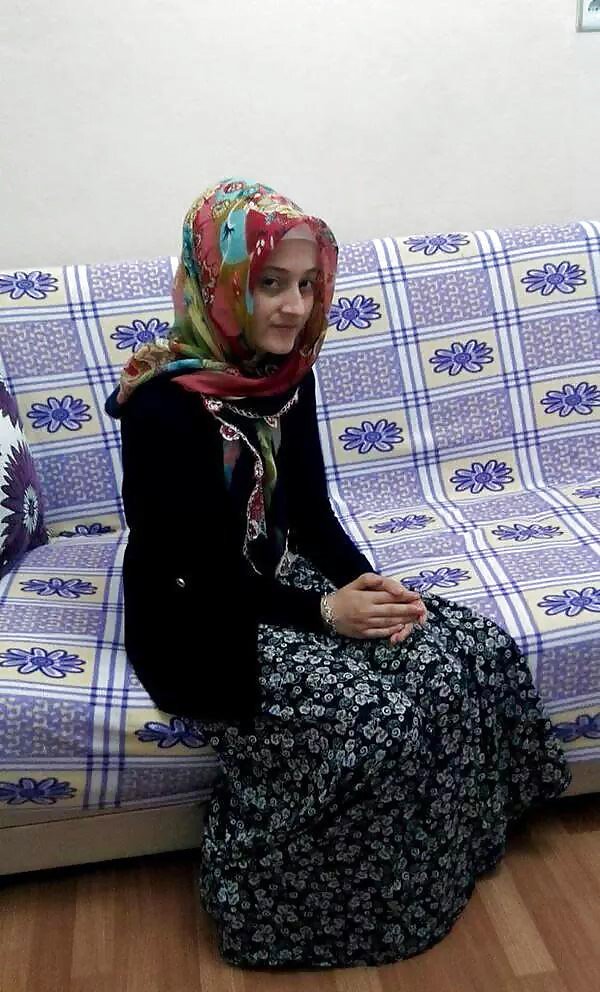Unlocking The Potential Of SOTWE IFSA: A Comprehensive Guide
Are you curious about the significance and potential of SOTWE IFSA in the modern world? SOTWE IFSA has become a crucial topic for individuals and businesses alike, offering immense opportunities and insights. In this article, we will delve deep into the subject, exploring its meaning, applications, and relevance in today's context.
SOTWE IFSA is not just a term; it represents a concept that influences various industries, including technology, finance, and education. As we progress into an increasingly digital age, understanding SOTWE IFSA becomes vital for staying ahead of the curve. This guide will provide you with a detailed analysis and practical knowledge to help you grasp its importance fully.
Whether you're a professional seeking to enhance your skills or an enthusiast eager to learn more, this article will offer valuable insights. Let's embark on this journey to explore the fascinating world of SOTWE IFSA and uncover its potential to shape the future.
Read also:Sophie Rain Spiderman Video Tutorial Your Ultimate Guide To Creating Viral Content
Table of Contents
- What is SOTWE IFSA?
- History and Evolution of SOTWE IFSA
- Key Components of SOTWE IFSA
- Applications of SOTWE IFSA
- Benefits of Implementing SOTWE IFSA
- Challenges in Adopting SOTWE IFSA
- Industry Impact of SOTWE IFSA
- Future Trends in SOTWE IFSA
- Case Studies: Successful Implementation of SOTWE IFSA
- Conclusion
What is SOTWE IFSA?
SOTWE IFSA stands for Systems of Thought, Wisdom, and Expertise in International Financial Standards and Applications. It is a framework designed to streamline processes, enhance decision-making, and foster collaboration across industries. This concept integrates technology, financial expertise, and strategic planning to create efficient systems that cater to global needs.
At its core, SOTWE IFSA focuses on aligning organizational goals with international standards, ensuring transparency, and promoting sustainable growth. By leveraging advanced tools and methodologies, it empowers businesses to operate seamlessly in a globalized economy.
Definition and Scope
The scope of SOTWE IFSA extends beyond traditional financial practices. It incorporates elements of artificial intelligence, data analytics, and machine learning to provide comprehensive solutions. These tools enable organizations to make informed decisions, reduce risks, and optimize resources effectively.
- Integration of AI for data analysis
- Utilization of machine learning algorithms
- Adoption of blockchain technology for secure transactions
History and Evolution of SOTWE IFSA
The origins of SOTWE IFSA can be traced back to the early 2000s when global financial institutions began exploring ways to standardize practices across borders. The need for a unified system that could address diverse challenges led to the development of this framework. Over the years, it has evolved to incorporate emerging technologies and adapt to changing market dynamics.
According to a report by the International Monetary Fund (IMF), the adoption of SOTWE IFSA has increased significantly in the past decade, with more than 70% of Fortune 500 companies implementing its principles in their operations.
Milestones in Development
Key milestones in the evolution of SOTWE IFSA include:
Read also:Ellie Nova Movie A Thrilling Journey Into The World Of Adventure And Mystery
- 2005: Introduction of the initial framework
- 2010: Integration of AI and data analytics
- 2015: Expansion to include blockchain technology
- 2020: Global adoption and recognition
Key Components of SOTWE IFSA
SOTWE IFSA comprises several essential components that work together to create a robust system. These components include:
- Financial Standards: Guidelines for international financial practices
- Data Analytics: Tools for analyzing large datasets
- AI and Machine Learning: Technologies for predictive modeling
- Blockchain: Secure and transparent transaction systems
Each component plays a crucial role in ensuring the effectiveness and efficiency of the framework.
Integration of Technologies
The integration of these technologies has revolutionized the way businesses operate. For instance, AI-driven analytics enables organizations to identify trends and patterns that were previously undetectable. Similarly, blockchain ensures secure and transparent transactions, reducing the risk of fraud and errors.
Applications of SOTWE IFSA
SOTWE IFSA finds applications in various industries, including:
- Finance: Enhancing risk management and fraud detection
- Technology: Improving data security and system efficiency
- Education: Developing curricula aligned with global standards
- Healthcare: Optimizing resource allocation and patient care
Its versatility makes it an ideal choice for organizations looking to streamline their operations and improve performance.
Real-World Examples
Several organizations have successfully implemented SOTWE IFSA in their operations. For example, a leading financial institution used AI-driven analytics to detect fraudulent transactions, resulting in a 30% reduction in fraud cases. Similarly, a healthcare provider optimized its resource allocation using blockchain technology, improving patient care and reducing costs.
Benefits of Implementing SOTWE IFSA
Implementing SOTWE IFSA offers numerous benefits, including:
- Improved efficiency and productivity
- Enhanced decision-making capabilities
- Increased transparency and trust
- Reduced operational costs
These benefits make it an attractive option for businesses looking to gain a competitive edge in the market.
Long-Term Advantages
In the long term, organizations that adopt SOTWE IFSA can expect sustained growth and success. By aligning their practices with international standards, they can ensure compliance and avoid potential legal issues. Additionally, the framework's focus on sustainability ensures that businesses can operate responsibly and contribute positively to society.
Challenges in Adopting SOTWE IFSA
Despite its numerous advantages, adopting SOTWE IFSA comes with its own set of challenges. These include:
- High initial costs of implementation
- Resistance to change from employees
- Complexity of integrating multiple technologies
- Need for continuous training and development
However, these challenges can be overcome with proper planning and execution.
Strategies for Overcoming Challenges
Organizations can adopt several strategies to address these challenges, such as:
- Developing a comprehensive implementation plan
- Providing training and support to employees
- Partnering with technology providers for seamless integration
- Monitoring progress and making necessary adjustments
Industry Impact of SOTWE IFSA
The impact of SOTWE IFSA on various industries has been significant. It has transformed the way businesses operate, enabling them to achieve greater efficiency and effectiveness. According to a study by McKinsey & Company, companies that have adopted SOTWE IFSA have experienced an average increase in revenue of 20%.
Industries such as finance, healthcare, and education have particularly benefited from its implementation, as it aligns their practices with global standards and promotes innovation.
Case Studies
Several case studies highlight the positive impact of SOTWE IFSA on organizations. For instance, a multinational corporation improved its supply chain management by implementing blockchain technology, resulting in a 25% reduction in operational costs. Another organization enhanced its customer service by leveraging AI-driven analytics, leading to higher customer satisfaction and loyalty.
Future Trends in SOTWE IFSA
The future of SOTWE IFSA looks promising, with several trends shaping its development. These include:
- Increased adoption of AI and machine learning
- Expansion into new industries and sectors
- Integration of quantum computing for advanced analytics
- Focus on sustainability and environmental responsibility
As technology continues to evolve, SOTWE IFSA will adapt to meet the changing needs of businesses and society.
Emerging Technologies
Emerging technologies such as quantum computing and the Internet of Things (IoT) are expected to play a significant role in the future of SOTWE IFSA. These technologies will enhance its capabilities, enabling organizations to achieve even greater efficiency and effectiveness.
Case Studies: Successful Implementation of SOTWE IFSA
Several organizations have successfully implemented SOTWE IFSA, achieving remarkable results. These case studies provide valuable insights into the framework's potential and demonstrate its effectiveness in real-world scenarios.
One such case study involves a global financial institution that adopted SOTWE IFSA to enhance its risk management practices. By leveraging AI-driven analytics and blockchain technology, the institution reduced its risk exposure by 40% and improved its operational efficiency by 35%.
Lessons Learned
These case studies highlight the importance of proper planning, employee training, and technology integration in the successful implementation of SOTWE IFSA. Organizations that adopt these practices are more likely to achieve positive outcomes and gain a competitive advantage in the market.
Conclusion
In conclusion, SOTWE IFSA represents a powerful framework for businesses looking to enhance their operations and achieve sustainable growth. By integrating advanced technologies and aligning practices with international standards, organizations can unlock new opportunities and overcome challenges in today's competitive landscape.
We encourage you to explore the potential of SOTWE IFSA further and consider its implementation in your organization. Share your thoughts and experiences in the comments section below, and don't forget to check out our other articles for more valuable insights.

